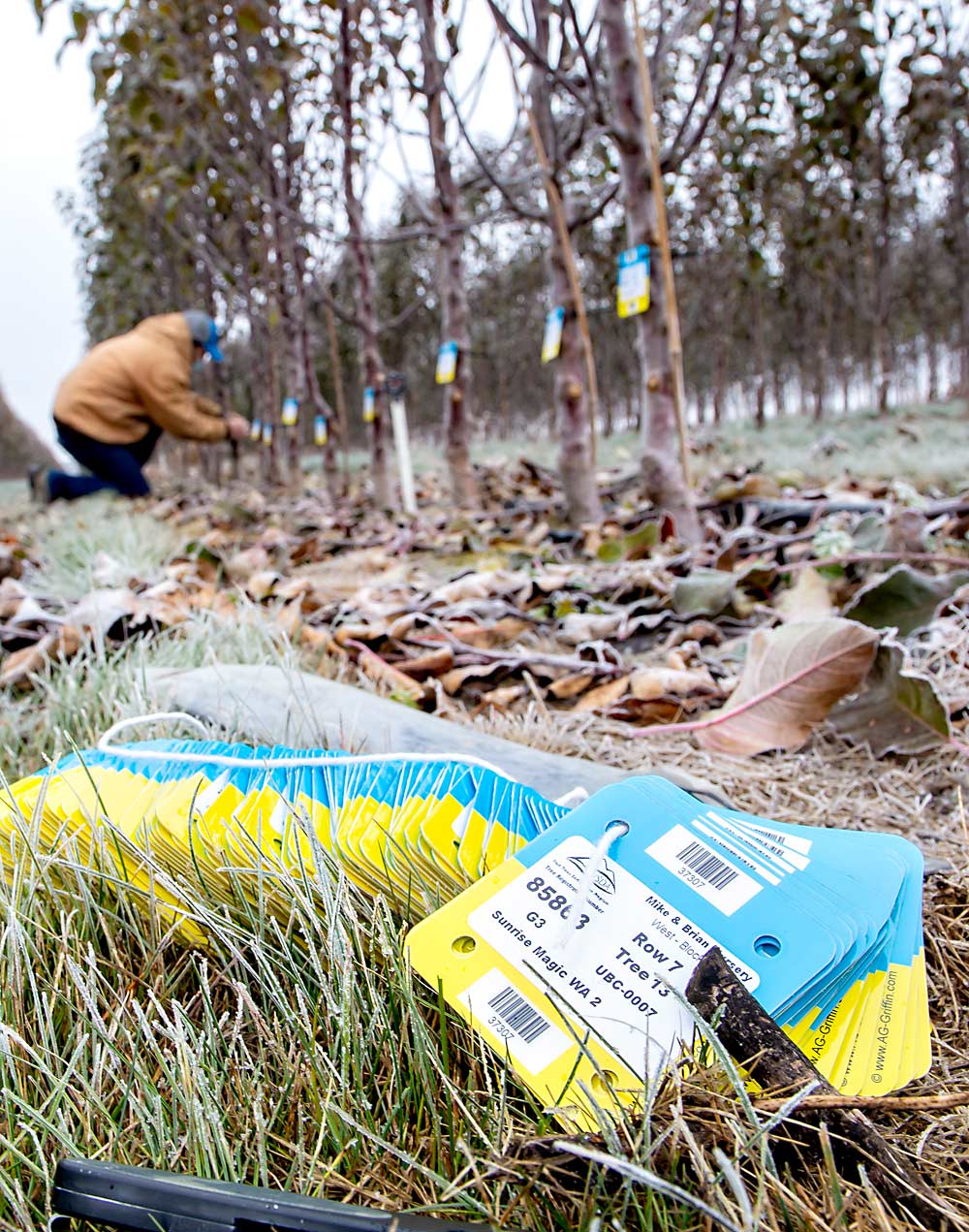
In a Yakima Valley nursery in December, tiny buds protruded through the frost on some 25,000 grafted trees destined for delivery in the spring of 2022, only to Washington growers.
But those buds aren’t WA 38, which produces the famed fruit marketed as Cosmic Crisp, destined to blast the global apple market with 10.5 million boxes by 2022.
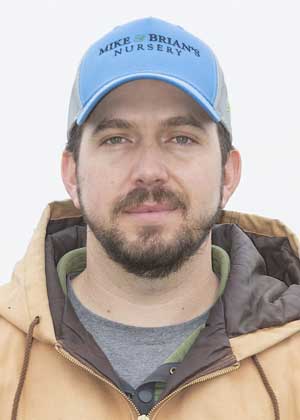
These trees are WA 2— a Splendour-Gala cross from Washington State University’s apple breeding program — and produce an apple that offers its own distinctive characteristics and a growing production projection. Don’t forget about it, said Bennett Mayo, manager of Mike and Brian’s Nursery near Wapato, Washington.
“It is worthy of more attention than it has gotten so far,” he said.
And more attention may be on the way. The WA 2 sells under two names by different marketing programs. One group of producers calls it Crimson Delight, while another has dubbed it Sunrise Magic. Either way, the apple is licensed in North America only to Washington growers and has reached commercial sales with volume expected to rise rapidly in the coming years.
Packer CPC International of Tieton has a small volume of the 2020 harvest for shipment this year, said Kevin Brandt, vice president of Proprietary Variety Management, or PVM, the Yakima, Washington, company contracted by WSU to manage the commercial release of the Sunrise Magic and the Cosmic Crisp. All Washington companies licensed to ship Cosmic Crisp may also pack Sunrise Magic, Brandt said.
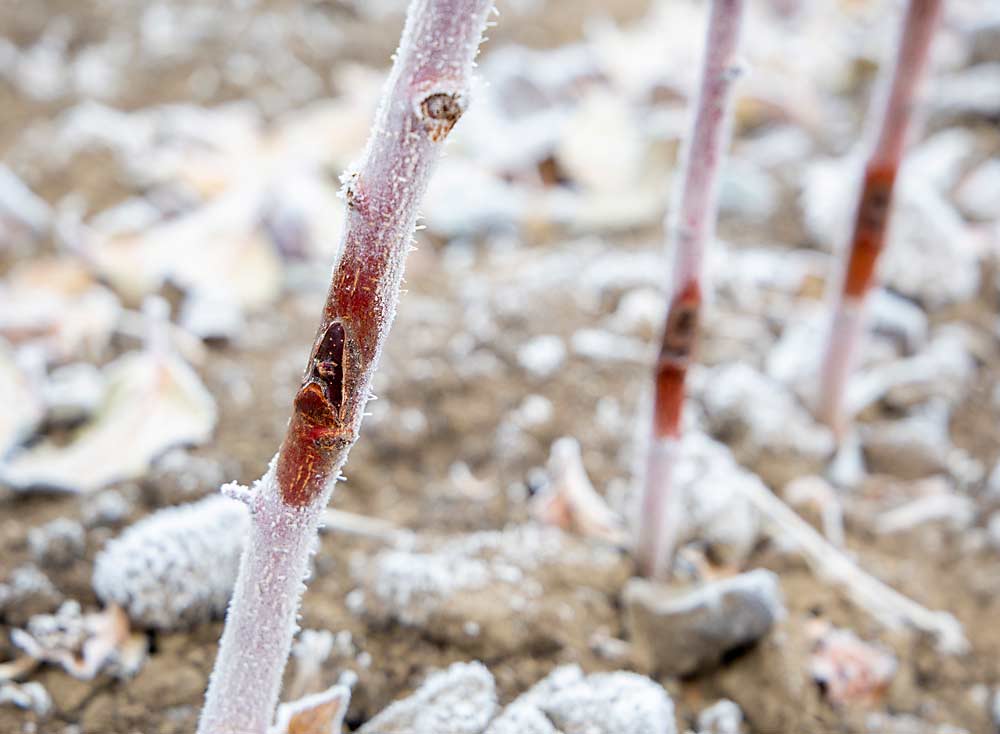
PVM estimates 50,000 boxes of Sunrise Magic in 2021, 210,000 boxes in 2022 and just over 1 million by 2025. In contrast, PVM expects Washington packers to ship 10.5 million boxes of Cosmic Crisp by 2022.
To date, nurseries have sold nearly 500,000 WA 2 trees, more than half of them in 2020, Brandt said. Growers expect to add another 300,000 trees this year and again next year.
The Sunrise Magic joins a crowded apple market, but Brandt likes its chances. PVM plans a similar, if smaller, marketing campaign as for the Cosmic Crisp, which attempts to communicate directly with consumers. It won’t receive the same media attention as the Cosmic, but it’s a different apple and can succeed with a smaller splash.
“I think there’s a good chance that Sunrise Magic can find its place in the markets,” he said.
PVM’s figures do not include WA 2 trees or production from Keller Fruit, a Yakima-based company that markets the apple as Crimson Delight. In the 2015–2016 season, Keller Fruit packed about 500 bins of Crimson Delight and had anticipated expanding.
The industry ended up with two names for the same apple years ago after a licensing dispute. WSU released the apple in 2011 without a trademarked name and allowed some growers who participated in field trials to continue growing and marketing. Later, after WSU contracted PVM, the university rebranded the apple as Sunrise Magic and prevented any new growers from joining Keller’s company.
Keller and WSU have ongoing lawsuits over the issue.
Regardless of the name of the apple, the trees keep growing.
Mike and Brian’s in Wapato sold WA 2 in 2018 and 2019 but didn’t receive orders in 2020, Mayo said. Nursery sales in general took a dip in 2020.
“And because of the uncertainty in apple prices, a new variety that is kind of unproven is not really enticing,” Mayo said.
However, he believes WA 2 will catch on. It is a high-quality apple, good enough to stand out in the industry’s era of designer varieties, he said.
“The WA 2 is a quality enough piece of fruit that it could maintain a hold in the market even in the midst of all the other, however many, 30 or more commercially viable fruit varieties there are,” Mayo said. •
—by Ross Courtney

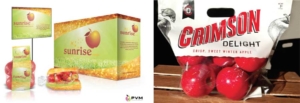
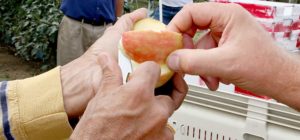
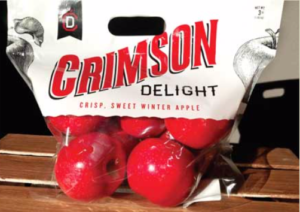
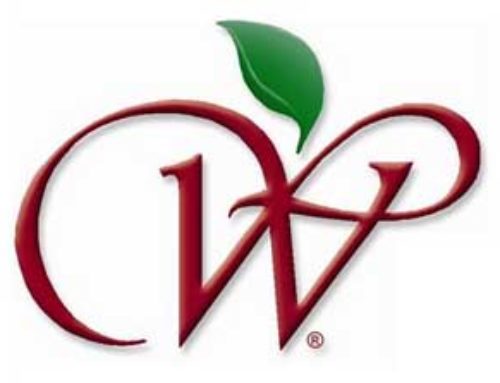




Leave A Comment